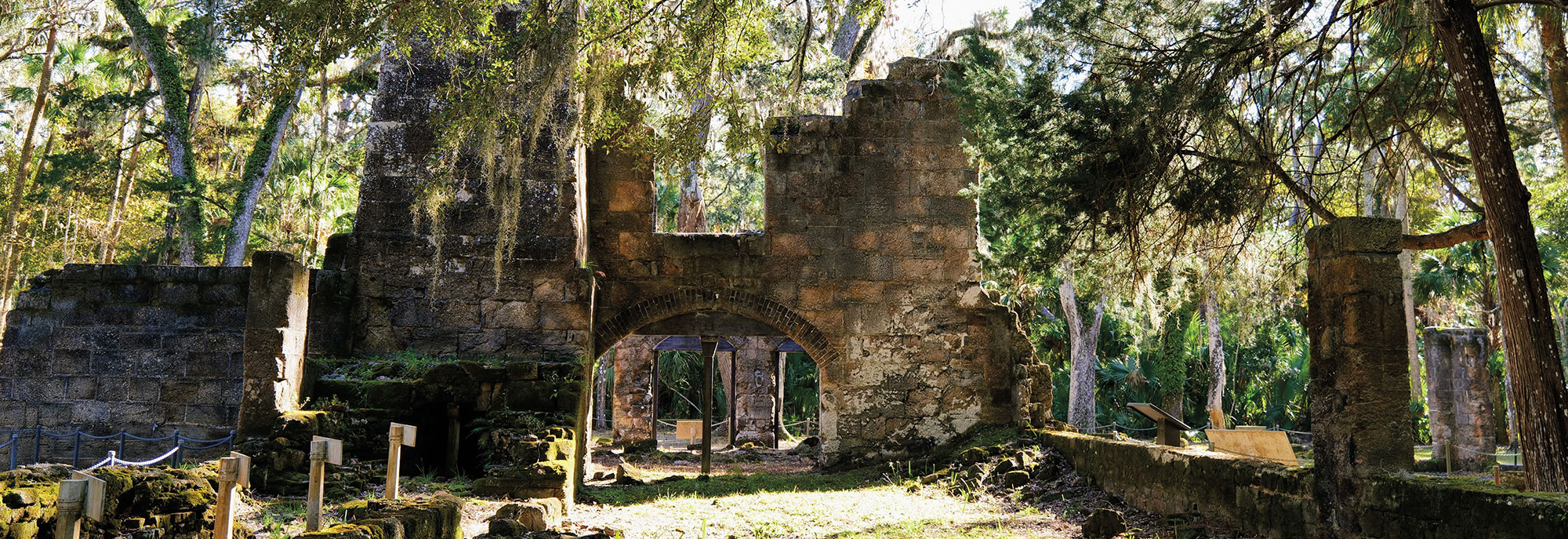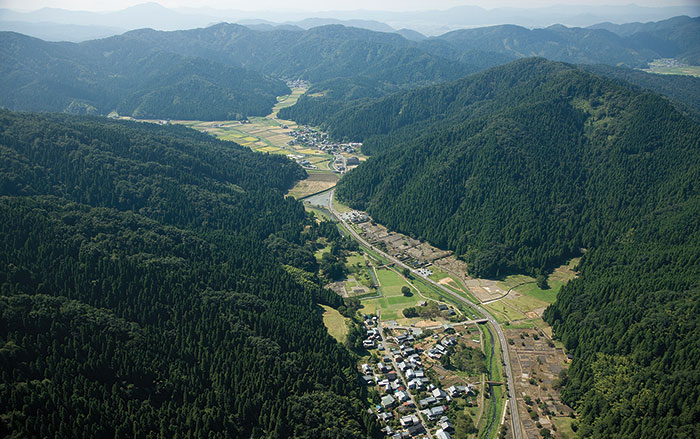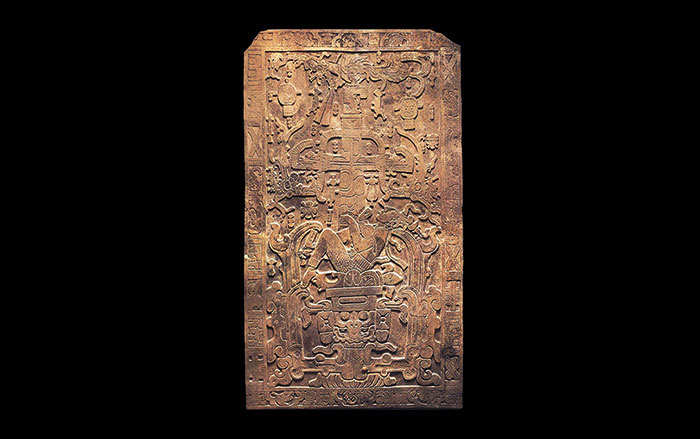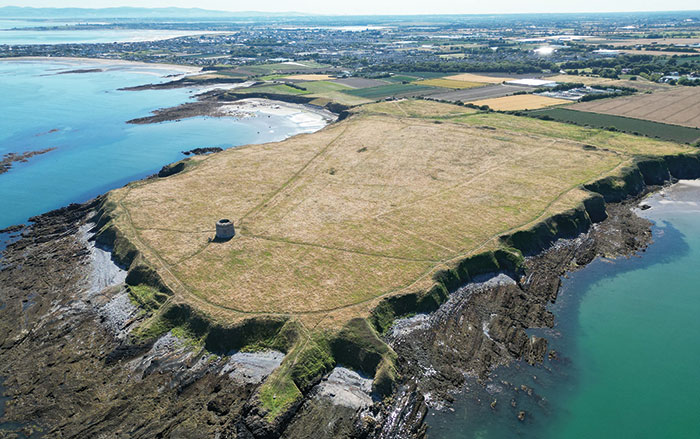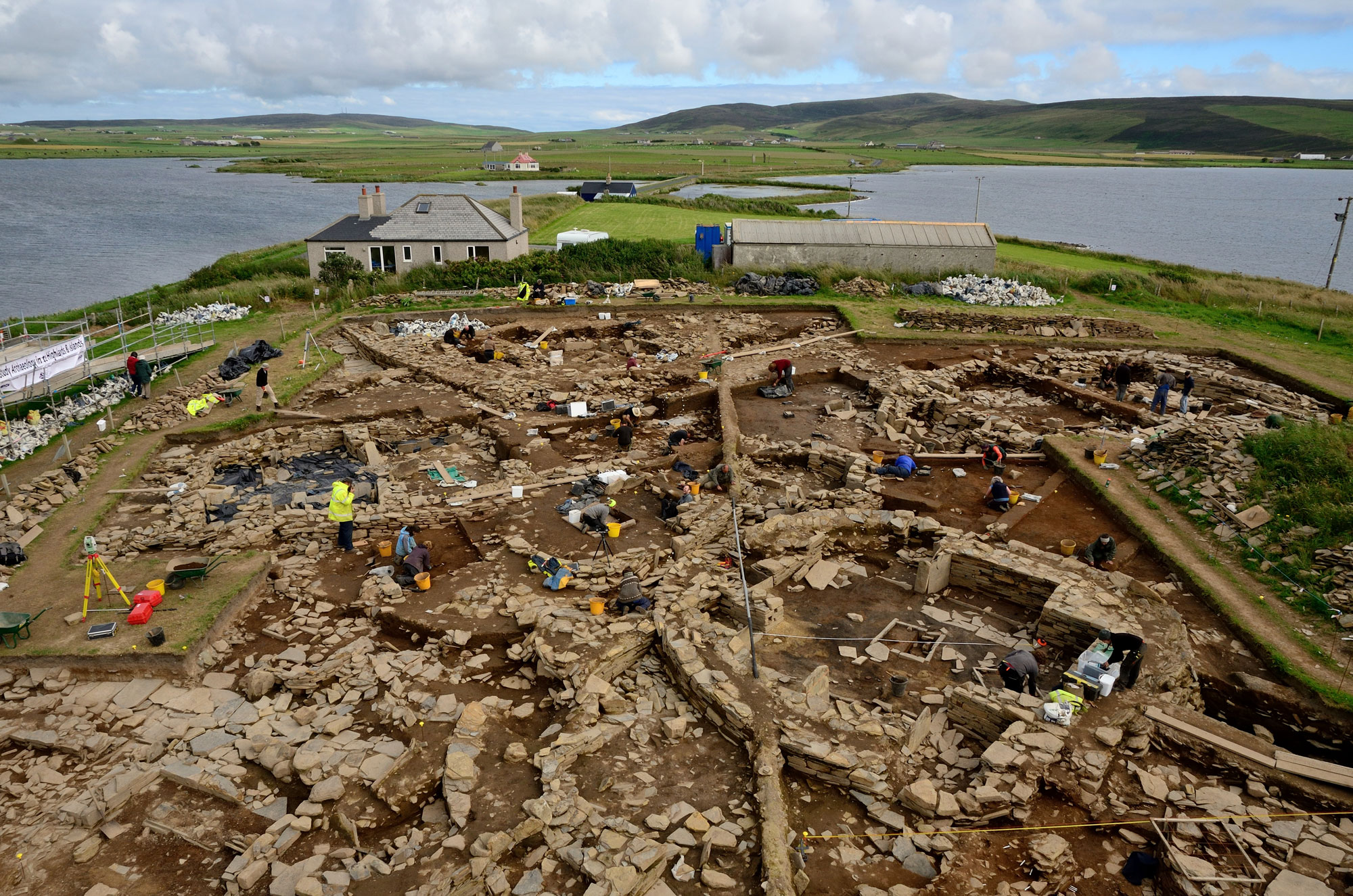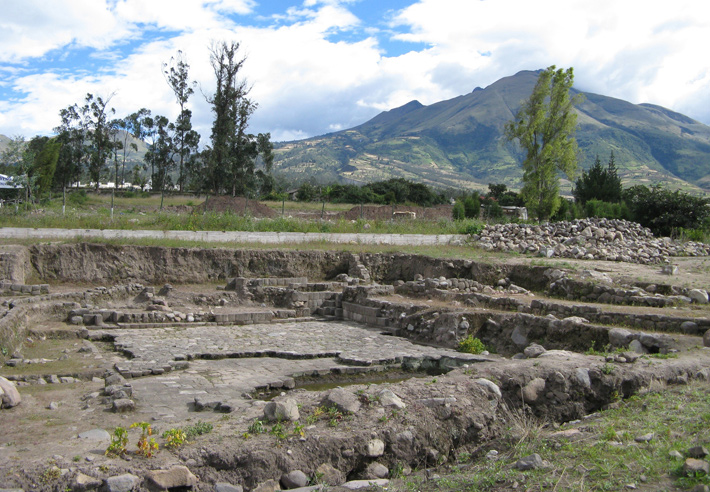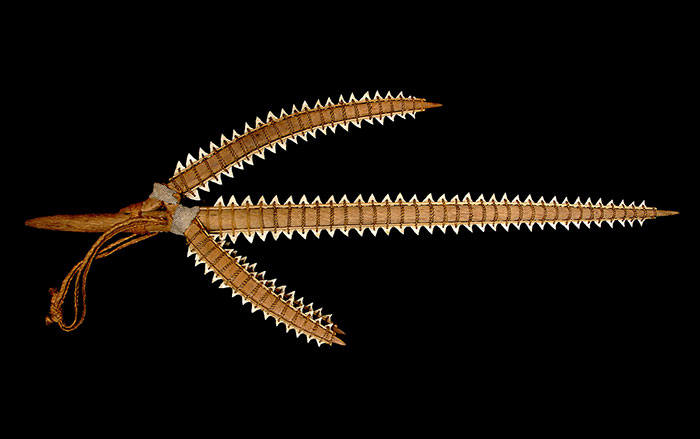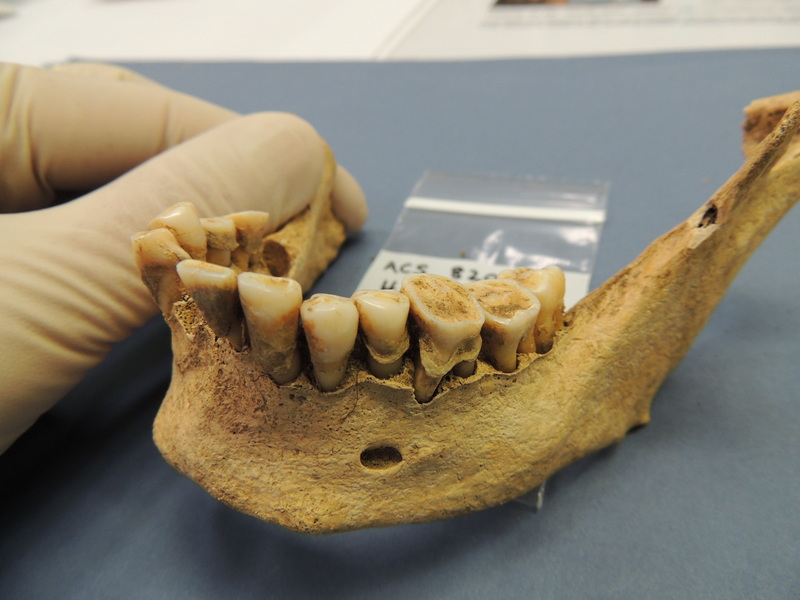
ADELAIDE, AUSTRALIA—A study of bacterial DNA from the calcified dental plaque on 34 skeletons in Northern Europe has shown that our ancient ancestors had much better teeth than we do today. Researchers led by Alan Cooper, director of the University of Adelaide Centre for Ancient DNA, found that the advent of farming 7,500 years ago and the dramatic change in diet that accompanied it resulted in much less diverse populations of oral bacteria. With less competition, bacteria that promote tooth decay and gum disease proliferated. "This is the first fossil record of human bacteria, and has important health consequences," says Cooper. Next his team team plans to analyze the dental plaque of Neanderthals, who may have had better smelling breath than anyone alive today.


